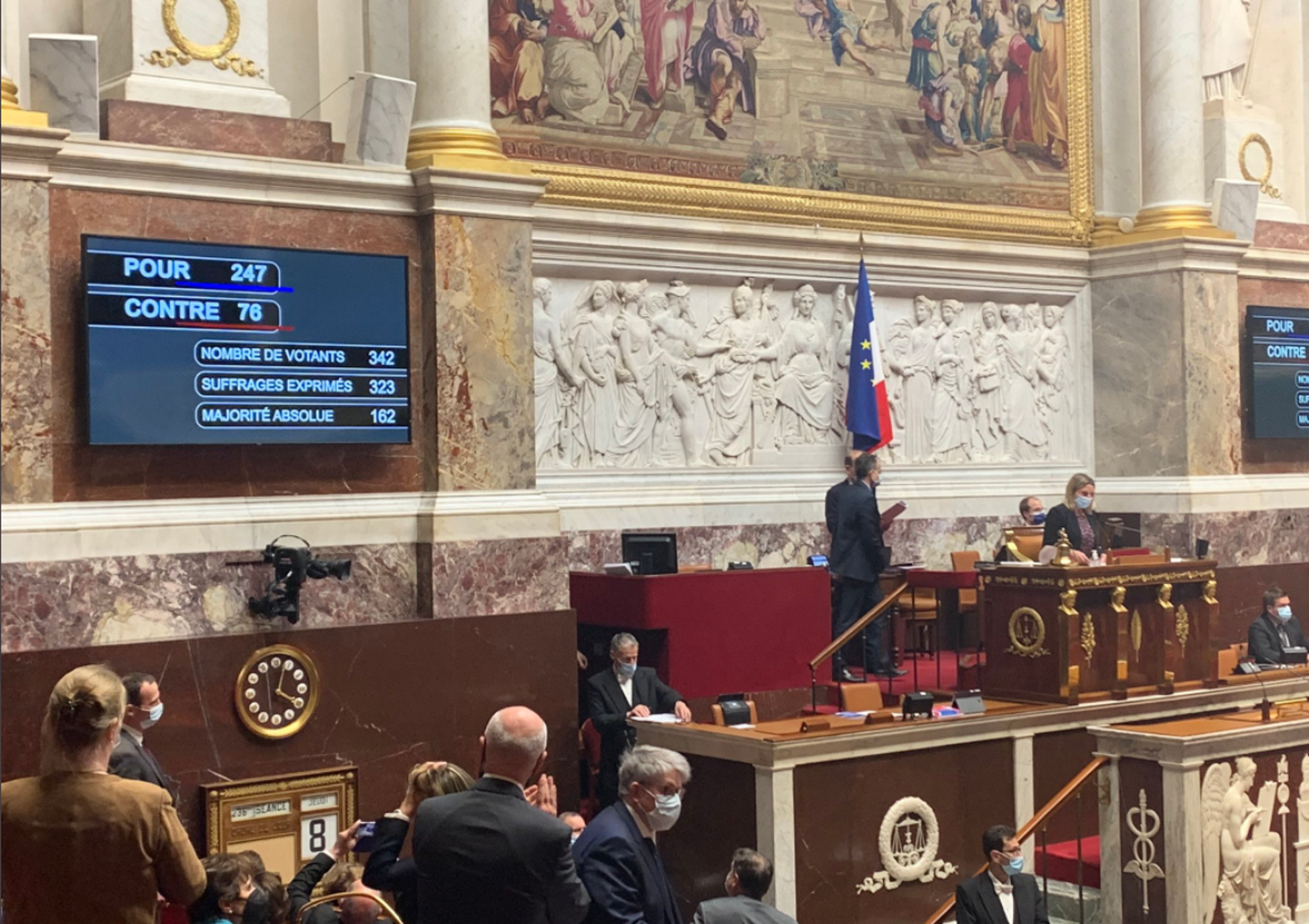All of France's regions have given massive support to the country's new language law, which introduces language immersion in the country's minoritized languages into the French school system for the first time. This means that public schools will be able to teach up to 50% of their subjects in the Catalan language in northern Catalonia, and at the same time, city councils in the Catalan-speaking region will be able to subsidize private centres that have been using immersion for decades, such as the centres of La Bressola and Arrels.
The regions, from Occitania in the south (which includes northern Catalonia) to the Paris region itself, and also including French Guiana, have called the passage of the law an "historic day". "Against the opinion of the French education minister, MPs from all political groups have opened the possibility of so-called 'immersion' teaching, that is, carried out in the regional language, for most of the time in school," says the joint statement they have submitted.
The moment of Thursday's vote in France's lower house, the National Assembly
The regions are convinced that immersion improves knowledge of languages, through multilingualism: "As the mover of the motion, Paul Molac, said very well in the plenary session, the students who benefit from immersion teaching have a higher than average level of French."
And they insist that this new linguistic right in the French state is not limited by any "constitutional problem." "According to the decisions of the Constitutional Court, the issue is giving parents the opportunity to choose to give their children education in a regional language, and not creating an obligation for families, as recalled by the deputy Molac," said the text.
According to the regions, it is positive that the deputies have included in the proposal financial participation by city councils in the schooling of students in private schools that dispense education in regional languages. "They have also maintained the principle of teaching regional languages in the framework of normal school hours in order to be able to propose it to all students who wish to take it," they said.
The National Assembly, France's lower house, passed the so-called Law for the Promotion of Regional Languages on Thursday afternoon, introducing immersion in public schools for the first time. Thus, in northern Catalonia - on the north side of the Eastern Pyrenees - schooling can be up to 50% in Catalan. The proposal, moved by Breton MP Paul Morac (Liberties and Territories group), was passed on its second reading by 247 votes in favour to 76 against with 19 abstentions. It easily surpassed the absolute majority of 162 deputies, and will favour all minoritized languages spoken in French territory, such as Occitan, Basque, Breton and Corsican, as well as Catalan.
The law also recognizes bilingual signage at all levels, and will allow names and surnames to be spelled that are not accepted in French, including, for example, Catalan accents, an issue that has caused much controversy up till now. Diacritics not used by French were not allowed, and this created problems for certain Catalan usages, such as an "í" - common in Catalan, unknown in French.

